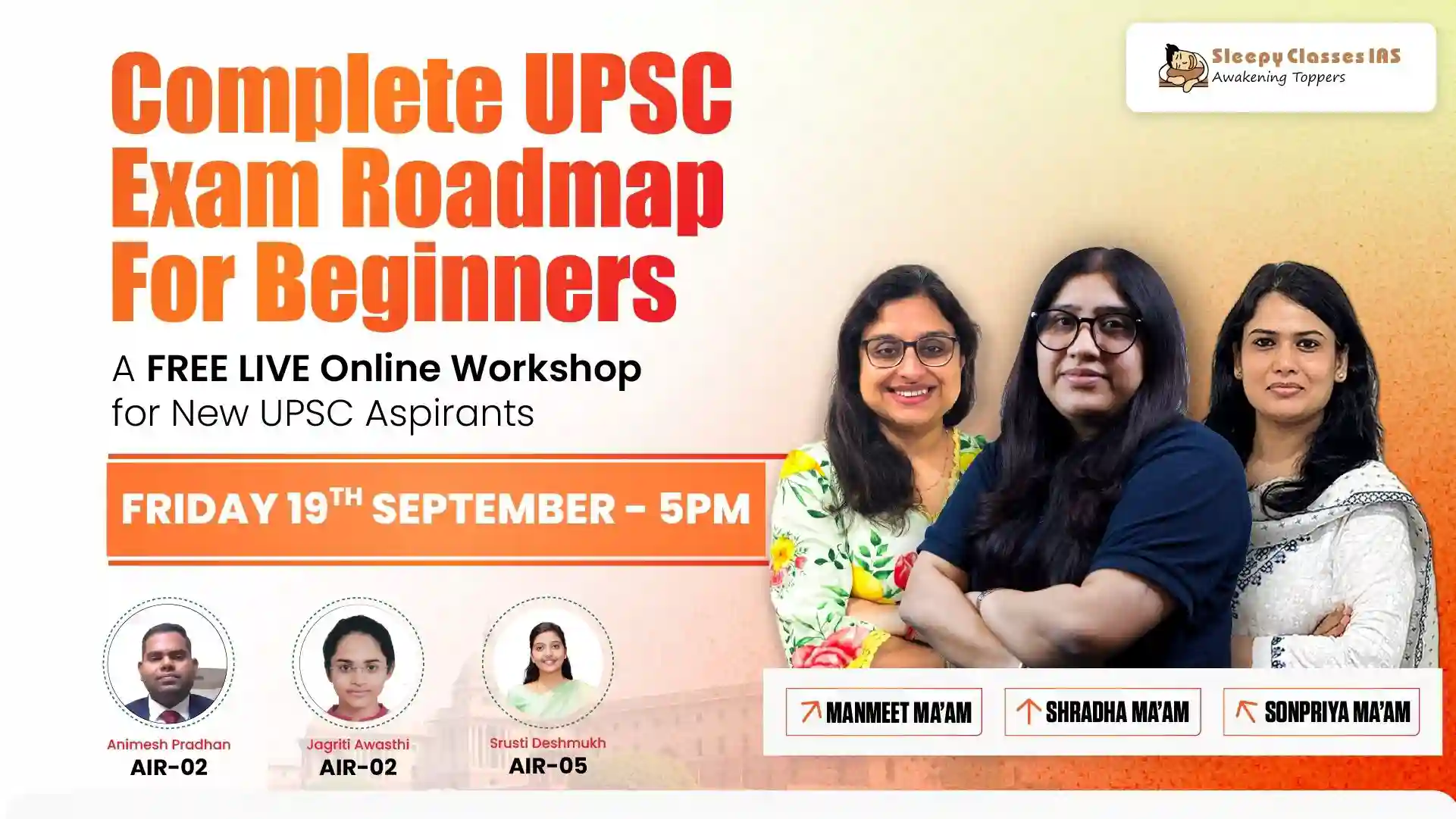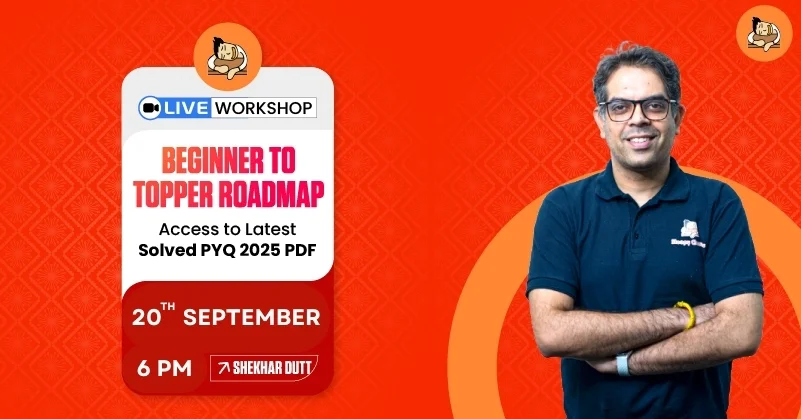Preparing for the UPSC examination requires a strategic approach to current affairs, and newspapers are an invaluable resource in this regard. Effective note-making from newspapers can significantly enhance your preparation by helping you stay updated with relevant information, understand complex issues, and relate them to the UPSC syllabus. This article delves into effective strategies for note-making from newspapers to aid your UPSC current affairs preparation.
Key Takeaways
- Consistency in reading newspapers daily is crucial for staying updated with the latest news and events.
- Selecting reliable sources such as The Hindu, Indian Express, and PIB ensures the credibility of the information.
- Effective note-making involves highlighting key information, using abbreviations, and organizing notes systematically.
- Relating news articles to the UPSC syllabus helps in understanding and retaining important topics.
- Regular revision and practicing with MCQs are essential to reinforce your preparation and assess your knowledge.
Staying Updated with Daily News
Staying updated with daily news is crucial for UPSC aspirants. It helps in understanding the current events and their implications, which is essential for both Prelims and Mains. Here are some effective strategies to stay updated with daily news for UPSC preparation.
Importance of Consistency
Consistency is key when it comes to staying updated with daily news. Dedicate at least 1.5-2 hours each day to read and gather information from reliable sources. This ensures you don’t miss out on important updates and helps in building a strong foundation for current affairs.
Sections to Focus On
When reading newspapers, focus on sections that are most relevant to the UPSC syllabus. These include:
- National News
- International News
- Economy
- Environment
- Science and Technology
- Editorials and Opinions
Balancing Multiple Sources
Relying on a single source for current affairs can be limiting. It’s advisable to balance multiple sources to get a comprehensive view. Some recommended sources include:
- Newspapers like The Hindu and The Indian Express
- Magazines like Yojana and Kurukshetra
- Government websites and publications
Staying updated with daily news is not just about reading; it’s about understanding and analyzing the information. Make a habit of linking the current affairs topics to the UPSC syllabus and specific exam components. This will help you understand the relevance and importance of each news item.
By following these strategies, you can effectively stay updated with daily news and enhance your UPSC preparation.
Choosing Reliable Sources for Current Affairs
Selecting reliable sources for current affairs is crucial for effective UPSC preparation. Start by selecting reliable sources of current affairs information. This includes newspapers like The Hindu and The Indian Express, magazines like Yojana, Kurukshetra, government websites, etc. Consider subscribing or using their online platforms for access. This ensures you get regular updates with the necessary news articles. It’s also essential to understand the editorial policy of the newspaper you choose. Knowing their stance and credibility is key. This greatly affects the reliability of the information for your UPSC preparation.
Effective Note-Making Techniques
Effective note-making is crucial for UPSC aspirants as it helps in organizing and retaining vast amounts of information. Here are some techniques to enhance your note-making process:
Highlighting Key Information
Highlight key facts, figures, and names to make them stand out. This ensures they are easily identifiable in your notes. Tailor your note-taking to fit your personal learning style. You might find methods like mind maps beneficial. Alternatively, concise summaries can be effective. Below are additional strategies to refine your note-taking, enhancing your study sessions.
Using Abbreviations and Symbols
Using abbreviations and symbols can save time and make your notes more efficient. For example, use “&” for “and” or “→” for “leads to.” This method helps in quickly jotting down information without losing the essence of the content.
Organizing Notes Systematically
Organize your notes in a systematic manner. Use bullet points and numbering to structure the information effectively. This not only makes your notes more readable but also helps in quick revision. Consider using different note-taking styles such as mind maps or summaries, according to your preference.
Leveraging Technology in Note-Taking: Using technology can greatly enhance your note-taking process. Numerous innovative note-taking applications and tools are available today. These can assist in better organizing your notes and making them more readily accessible. This is invaluable for efficient study and revision.
Analyzing and Relating News to UPSC Syllabus
When preparing for the UPSC exam, it’s crucial to analyze and relate news articles to the syllabus. Not every news article is relevant to the UPSC syllabus. Identifying and focusing on the directly related content is essential. Many UPSC online coaching provides this facility on daily basis. Look for articles on History, Economics, Polity, Environment, and Science & Technology. Assessing the importance of news in a wider national or international context is important. This helps in filtering out irrelevant information and paying attention to key points and facts that align with UPSC exam requirements.
Regular Revision and Practice
Regular revision is crucial for retaining information and ensuring that you are up-to-date with the latest developments. Revise notes at least once a week to increase your retention capacity. This practice not only reinforces the information in your memory but also helps in identifying weaker areas that need more focus.
Weekly and Monthly Reviews
Set aside specific periods for reviewing your notes on a weekly and monthly basis. This consistent review process will help you stay current with new events and updates. As new information becomes available, make sure to update your notes accordingly.
Incorporating Notes into Study Routine
Integrate your notes seamlessly into your daily study regimen. This will ensure that you are continuously revising and reinforcing the information. Make it a habit to go through your notes regularly, which will help in better retention and understanding of the topics.
Practicing with MCQs
Practicing multiple-choice questions (MCQs) based on current affairs is an effective way to revise topics and assess your preparation level. This practice will help you identify areas where you need improvement and ensure that you are well-prepared for the exam.
A one-year UPSC study plan can be divided into three phases: foundation, intensive preparation, and revision. Keep in mind that this plan is a general guideline and should be tailored to your individual needs and pace.
Utilizing Additional Resources
Newspapers, while valuable, might not include every facet of current affairs. It’s wise to enhance your note-making with additional sources. Include materials like magazines, scholarly journals, and government reports. Additionally, explore the digital world for resources. Utilize online platforms and mobile apps. These should focus on UPSC-related content. Engaging with peers, mentors, and study groups is also crucial. Such interactions provide different perspectives. They aid in expanding your knowledge base and understanding complex issues better.
Taking Mock Tests for Self-Assessment
Mock tests are an essential part of UPSC preparation. They help in assessing your current level of preparation and highlight your strengths and weaknesses. By taking regular mock tests, you can focus on areas that need improvement and fine-tune your strategy for the actual exam. Taking regular mock tests helps in assessing your current level of preparation.
At Sleepy Classes, we offer a comprehensive range of mock tests designed to simulate the real exam environment. Start your self-assessment today and take the first step towards achieving your IAS dreams. Visit our website to explore our mock test series and other UPSC preparation resources.
Conclusion
Mastering the art of note-making from newspapers for UPSC current affairs preparation is an indispensable skill for any serious aspirant. By staying updated with reliable news sources, meticulously preparing and organizing notes, and regularly revising them, candidates can significantly enhance their understanding and retention of crucial information. Analyzing and relating the news to the UPSC syllabus, practicing MCQs, and taking mock tests further solidify one’s preparation. Consistent effort, a systematic approach, and the right strategies can make the daunting task of current affairs preparation manageable and effective. Start implementing these techniques today to gain a competitive edge in your UPSC journey.
Frequently Asked Questions
Why is consistency important in staying updated with daily news for UPSC preparation?
Consistency ensures that you stay informed about the latest developments and can relate them to the UPSC syllabus. Regular reading helps in better retention and understanding of current affairs.
Which sections of the newspaper should I focus on for UPSC preparation?
Focus on sections like national news, international news, economy, editorials, and op-eds. These sections provide relevant information that can be linked to the UPSC syllabus.
How do I choose reliable sources for current affairs?
Opt for reputed newspapers like The Hindu, Indian Express, and reliable news websites. Cross-check information from multiple sources to avoid misinformation.
What are some effective note-making techniques for newspaper reading?
Highlight key information, use abbreviations and symbols, and organize your notes systematically. This makes revision easier and helps in the quick recall of important points.
How can I relate news articles to the UPSC syllabus?
Identify relevant topics from the news and connect them to the corresponding sections of the UPSC syllabus. Create thematic notes to integrate current affairs with your study material.
How often should I revise my current affairs notes?
Regular revision is crucial. Aim for weekly and monthly reviews to ensure that you retain the information. Incorporate these notes into your daily study routine for better retention.




